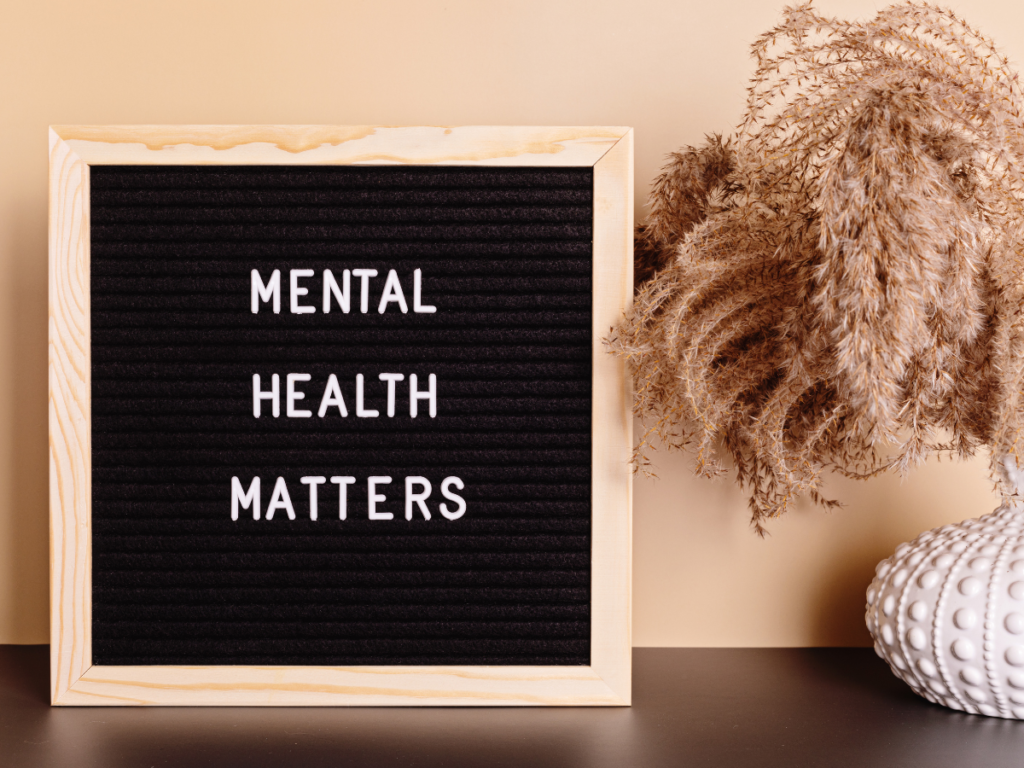Introduction
Being a teenager can be tough. Juggling school, relationships, and changes in your body can be a lot. Taking care of your mental health is super important for a happy and balanced life. The teenage years are like a roller coaster, with lots of ups and downs.
Sometimes, handling stress, anxiety, or feeling down can be hard. That’s where these simple and effective tips for teen mental health come in. This blog is here to give you easy ways to take care of your mental health during these times.
Whether everything is going well or you’re facing challenges, it’s important to show love and support to your teen to maintain his mental health. Let them know you’re there to help them through tough times and that you’re always there for them.

1. Encourage Open Communication for Better Mental Health:
Check in with your teen regularly to create opportunities for them to share their feelings. Ask about their day and activities, perhaps while engaging in tasks together, like preparing dinner, to foster a relaxed environment for conversation.
Remind your teen consistently that you’re there for them, no matter what, and encourage them to express their feelings and thoughts. Simple words of encouragement can make them feel at ease sharing with you.
Acknowledge and understand the emotions your teen might be going through, even if it feels uncomfortable. Respond with phrases like “I understand,” “it sounds like a difficult situation,” or “that makes sense” when they open up.
While it’s easy to notice things you don’t like, also make an effort to praise your teen for positive actions, even simple ones like cleaning up after themselves. Recognizing their efforts fosters a positive and supportive environment.
2. Supporting Your Teen for Better Mental Health:
Work together with your teen to create new routines, good healthy diet and achievable daily goals . You can coordinate household chores around their schoolwork or set a goal, like completing homework before dinner. Remember, adolescence brings independence, so give your teen the time and space they need to be on their own—it’s a normal part of growing up.
Find ways to support and encourage breaks for your teen from schoolwork, housework, or other activities. If they’re frustrated, brainstorm solutions together, avoiding taking over and telling them what to do.
3. Resolving Conflicts for Better Mental Health:
When conflicts arise, listen to your teen’s views and work to sort out issues calmly. Remember, everyone experiences stress, so approach discussions with understanding. Never discuss issues when angry; take a breath and revisit the conversation later.
Avoid power struggles, as teens may be struggling for control in these uncertain times. Empathize with their desire for control rather than fighting back. Be honest and transparent about your own stress, showing them how to deal with difficult feelings.
Take time to reflect with your teen on how to resolve conflicts, discussing your thought process to help them understand.
4. Caring Yourself for Better Mental Health:
Caregivers have a lot on their plate; it’s crucial to seek help when feeling overwhelmed. Don’t hesitate to reach out to a family member or someone you trust.
Make time for your own relationships, sharing feelings and experiences with a few people regularly. Allocate time each day to check in on your own well-being.
Incorporate activities into your day that help manage stress, regardless of how busy or slow your day is. Prioritize self-care, whether it’s doing things you enjoy, exercising, talking with friends, or maintaining routines. Experiment with positive coping strategies that work for you, such as making to-do lists, reflecting on gratitude, or keeping a journal.
Conclusion:
Teenage years are tough, managing school, relationships, and body changes. These mental health tips aim to help teens navigate challenges.
Open communication is key. Regular check-ins and expressing unwavering support create a safe space for teens. Supporting them means working together on goals, respecting independence, and encouraging breaks when needed.
Resolving conflicts calmly and transparently dealing with stress strengthens the parent-teen bond. Caregivers, overwhelmed themselves, should seek help, prioritize relationships, and practice self-care for overall well-being. These tips foster a healthier and happier teenage experience.


